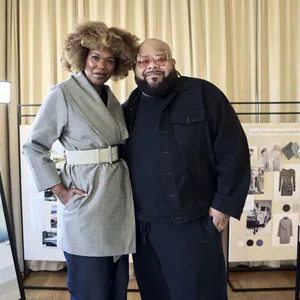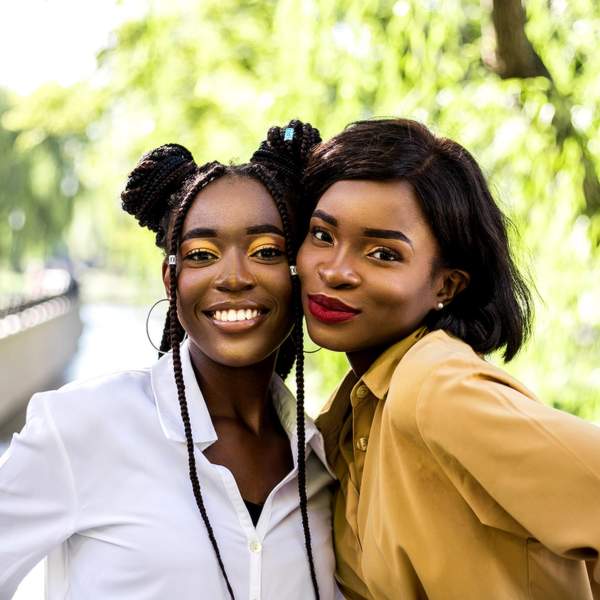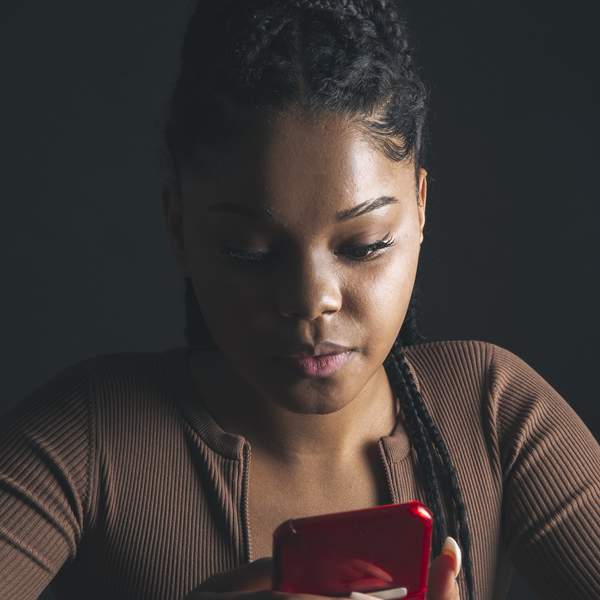I've been friends with my best friend since the second grade. It's a friendship that now feels like family, and I'm forever grateful we connected in the library that day. Unfortunately, all my friendships haven't lasted for over twenty years. Many of the people I was friends with five years ago are no longer part of life—people I thought would always be there.
At first, losing people made me feel a bit ungrounded. I spent most of my time with these friends; shared so many of my secrets. I spent a lot of time ruminating over what I could have done differently to salvage the relationships. But after years of reflection, I realized the only thing that could have saved the relationship was for me to stay the same. Those relationships ended because I changed. I wasn't the same person I used to be and it caused a lot of friction in my relationships.
As we age, many of us lose friends because we evolve—our needs and priorities are different. Sometimes our friendships can withstand the strain of growing into different versions of ourselves, but most times, they won't. And, that's okay.
Finding people that will walk with you through life is rare. So, if you've found yourself navigating a few friendship breakups or experiencing unsteadying moments in your friendships lately, try to keep the following in mind:
1.All friendships won't last forever.
Friendship breakups are difficult because it's hard to imagine yourself parting ways with a friend the same way you see yourself splitting up with a romantic partner—you may not even think it would hurt just as much or even more. People grow apart. People will come into our lives for a season and leave once our time together ends. Some of these endings will feel natural and some may be a bit more traumatic. The ending of a friendship doesn't mean either of you were "bad" people. Nor does it mean you all were never "real" friends to begin with (endings have a way of clouding judgment). The truth is, even good friendships have expiration dates, and that's okay.
2.Your needs in friendship change as you get to know yourself better.
The things you needed from your friends when you were a teenager or in your early 20s are different than what you need as you get closer to 30. When you're younger, you're likely still figuring things out and deciding how you want to show up in the world. As you become more grounded in who you are, liking someone is no longer a good enough reason to continue being friends, especially when your values and beliefs about friendships begin to clash. It can be hard to admit, but sometimes your friends evolve into people you don't like. Being dishonest about how you feel and forcing yourself to be around someone can create resentment in the friendship.
3.Emotional safety matters.

Getty Images
Feeling emotionally safe with my friends is important to me. Do they respect boundaries? Do we assume the other is operating with good intent? Are they kind to me in public and private? Do they talk about me behind my back? Some of us are accustomed to drama being at the center of our friendships because we used to be ineffective communicators, or we witnessed adults have drama-filled relationships as a child. If we're going to have healthy friendships, we must unlearn unhealthy relationship patterns. We also have to be responsible for the harmful things we've done in the past and commit to doing things differently in the future to establish safety. We may also need to raise our friendship standards.
4.Life is too short for one-sided friendships.
Sometimes we hurt our own feelings by holding on to things that are no longer holding on to us. In a one-sided friendship, the other person has stopped participating, but we keep fighting to maintain our position in their lives. For whatever reason, this person has decided they no longer want to keep investing in a friendship with us, and we have to accept that boundary and move on. Easier said than done, especially if they haven't directly stated they want out. They may stop returning your calls and start canceling plans at the last minute. Magically they're always busy. Sometimes it isn't personal. Your friend may be going through a challenging time and doesn't have the energy to be around people. They may also be finding it hard to communicate what's going on. Either way, you have to decide how you want to be treated and what you're willing to tolerate in the name of friendship.
5.Different stages of your life require different levels of understanding.
As we age, we may get partnered, get married, or become a parent. These new relationships require a substantial amount of time—especially in the beginning. Some of us may have chosen careers that require us to work outside of the standard 9 to 5. At some points, you'll have fewer things binding you together than you do pulling you apart, and sometimes life ushers in a 'quiet season' in your friendship. If you've been missing your friends, tell them you'd like to see them. Sometimes people need a gentle nudge.
6.As you age, quality becomes more important than quantity.
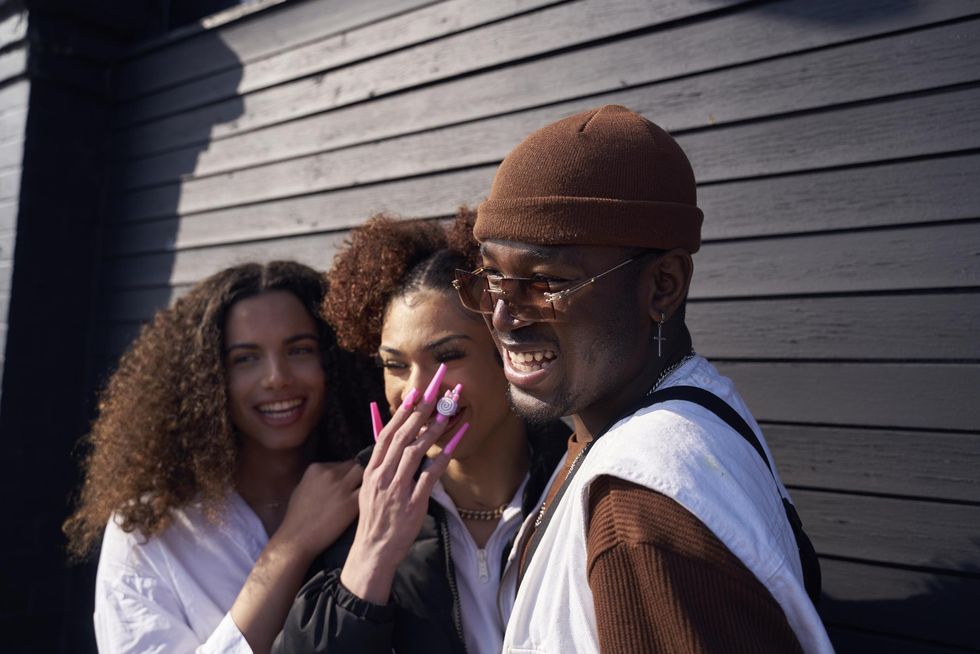
Getty Images
It's easier to make friends and maintain friendships when you're younger because most of the people you connect to are in your hometown or go to school with you. As you get older, you prioritize certain friendships over others. Studies show that on average, most adult Americans have four close friends. Sometimes you gradually realize that you're spending a lot of time trying to maintain superficial relationships and decide to spend the little time you have pouring into friendships that have the chance to stand the test of time.
7.Every relationship isn't a friendship.
We're taught to make friends as kids in ways that don't benefit us as adults. Being friendly and being friends is not the same thing. You just met someone, and now they're your friend. You just ended a relationship with someone, and now you're friends. Your dating situation didn't work, and now you're friends. Friendship is built. Sometimes we rush into friendships with people to maintain connections, but it isn't always the healthiest decision. Nor is it the most genuine response. A friendship is a mutual agreement and investment from both people. It's important to vet people for friendship, just as you would vet someone for romance. You may know many people, but you don't have many friends.
8.A friend doesn't have to tell you everything to be your friend.
"There's a difference between being in someone's business and being in someone's corner." I don't know who said that quote, but it's one of my favs. Some people associate friendship with how much they know about someone. But, knowing everything about someone doesn't make you all friends. I've seen people get mad at a friend for being what they deemed "secretive." Try not to take someone's non-disclosure personally. A friend may feel stressed out, overwhelmed, or ashamed and not rush to tell you because they're still processing their situation. People are allowed to tell you things when they're ready. They also don't have to share at all.
9.Communication is key.
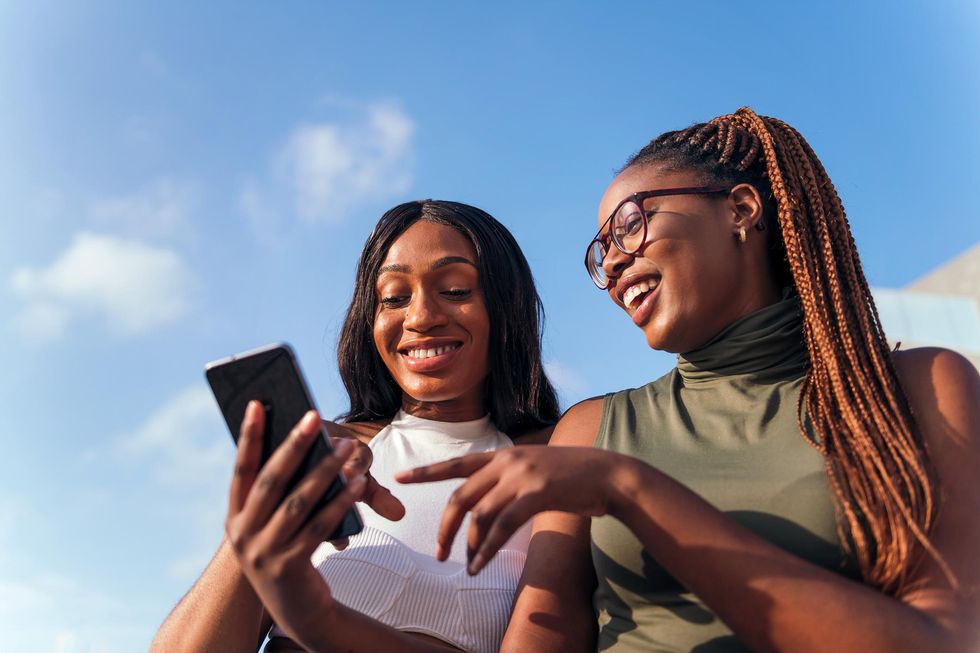
Getty Images
It can be easy to think people should just understand and get you, especially if you all have known each other for a long time. But just like a romantic relationship, friendships benefit from communication too. Continue getting to know your friends and be open to seeing their different sides as they evolve. One of the best books I've read on friendship is Frientimacy: How to Deepen Friendships for Lifelong Health and Happiness by Shasta Nelson. This book helped me make sense of my experiences when I started losing friends. I could go back to all my friendships that ended and point out exactly where things went wrong. According to Shasta, "frientimacy" is intimacy experienced in friendships based on positivity, consistency, and vulnerability.
All healthy friendships require a strong foundation built on positive experiences. Consistency is vital because even if we like someone, we will begin to question where we stand with them if they can't make time for us, ultimately making us feel unsafe in the relationship. Without vulnerability, the relationship doesn't have the chance to deepen, which means there will always be a feeling of distance between the two of you. All three things need to work together to make a friendship last. If one of these things becomes unbalanced, the friendship can still last if you all can communicate effectively to get the relationship back on track.
As we get older, our friendships evolve. And while it can be scary to part ways with people, it allows us to connect with people who fit with who we are and who we're becoming. And for that, we can be both excited and grateful.
Remember, friends, are the family you choose, so choose wisely.
Let’s make things inbox official! Sign up for the xoNecole newsletter for daily love, wellness, career, and exclusive content delivered straight to your inbox.
Featured image by Getty Images
- Breaking Up With Toxic Friends Won't Be Easy, But It's So ... ›
- Can I Be Mean For A Second? TikTok Trend - xoNecole: Lifestyle, Culture, Love, & Wellness ›
- 5 Kinds Of Friends You Need. 3 Kinds Of Friends You Don't. - xoNecole: Lifestyle, Culture, Love, Wellness ›
- 6 Habits That Make Your Friendships Stronger - xoNecole ›
- How To Use 11th House In Astrology To Build Friendships - xoNecole ›


